Any businessman worth their salt will tell you that the purpose of engaging in any business whatsoever is to make a profit. Professional sports such as football are no different. If anything, this reality applies to them perhaps even more since their success is as founded on their profitability as their profitability is on their success.
How do football clubs make money? Football clubs have a plethora of sources from which they draw revenue. They can be primarily categorized into three: match and stadium/club income, media and broadcasting income, and income from sponsorships and merchandizing.
In this article, we will use the most popular football league in the world, the English Premier League (EPL), as a case study.
Match and Stadium/Club Income
In the EPL, every team has a 38-game schedule every season, with 19 of those matches being played at a club’s home stadium and another 19 being played away. It is a well-known fact that all clubs in England’s top-tier league boast of a loyal and almost religious following, who are without a doubt a club’s best resource.
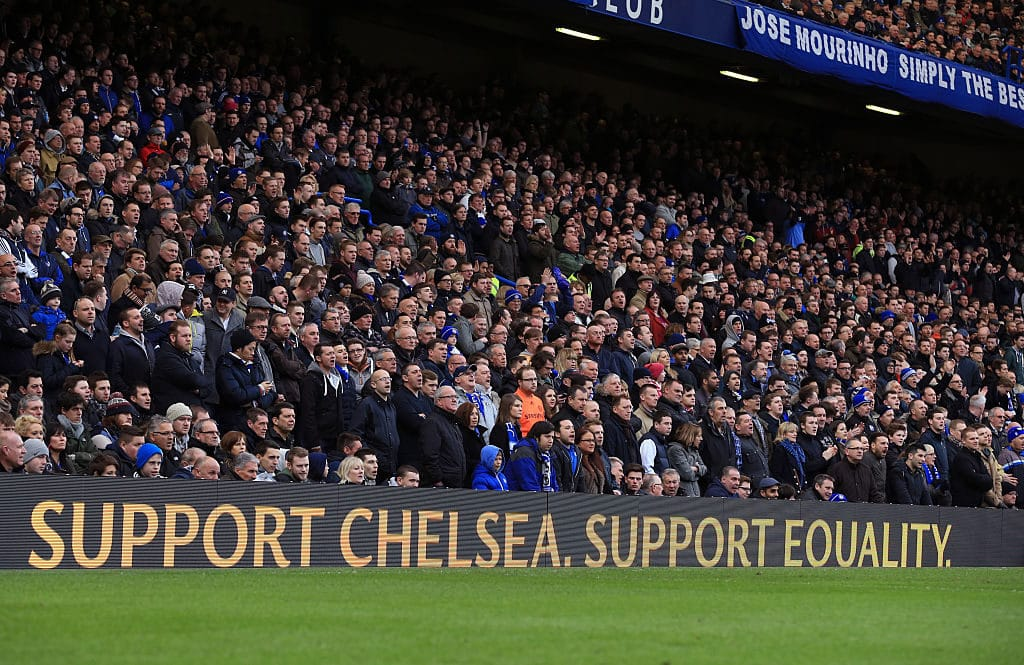
Match and Stadium Income
During a home match, a club sells tickets to everyone that enters their stadium. These tickets vary in price from club to club with the most expensive being those of perennial contenders Arsenal at around £97 per head. The price of tickets is determined by a number of factors up to and including the size of a club’s stadium and the popularity of a club and/or its opposition.
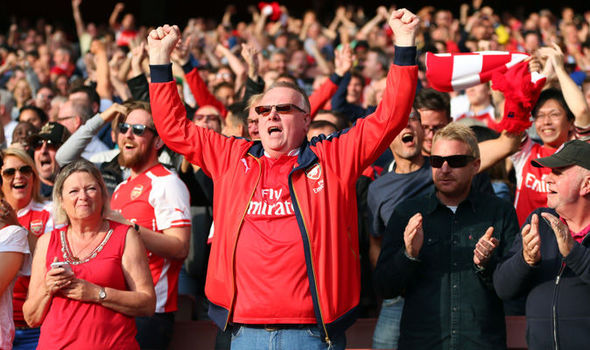
Additional comfort provided by executive lounges and luxury boxes with a view of the pitch also draw substantially more revenue for a club. Also included under this category is revenue received from the sale of food and beverages and even parking offered at the stadium.
Club Income
A club may also receive income from extra sources such as prize money and transfers. Winning competitions not only secures a club the bragging rights or silverware but also the accompanying winner’s purse, which in a competition like that for the FA Cup is £1.8 million. Higher-stake competitions such as the UEFA Champions League and the UEFA Europa League guarantee even higher paydays, with winners in the two competitions taking home around £29.32 million and £9.77 million respectively.

Transfers also make money for football clubs especially in instances where a club spots potential early in a player, acquires them cheap, develops them into a world-class star and sells them to other clubs for a handsome profit. A good example here is how former Arsenal manager Arsène Wenger acquired talismanic playmaker Cesc Fàbregas from Spanish giants Barcelona for £2.25 million in 2003 and later sold him back to the Catalans for £35 million in 2011 – a £32.75 million profit.
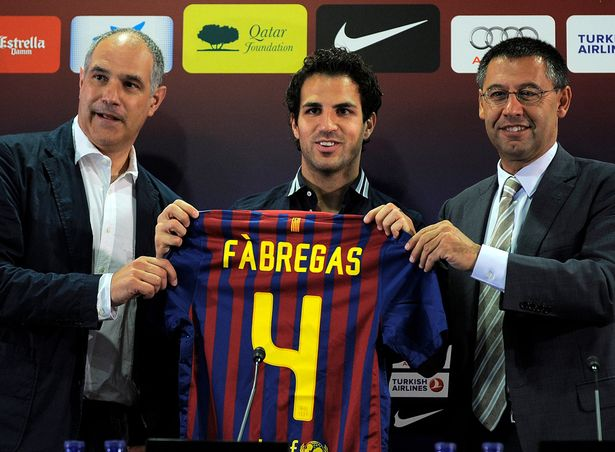
Clubs like Manchester City also rent out their stadium on their days off to individuals or entities who may wish for such a high-capacity venue to host both public and private social events such as concerts and weddings.
Media and Broadcasting Income
Of the three categories of sources of revenue for football clubs, this is the most sought after since it’s the only one of the three that is most equitably distributed among all the clubs participating in a top-tier league such as the EPL.
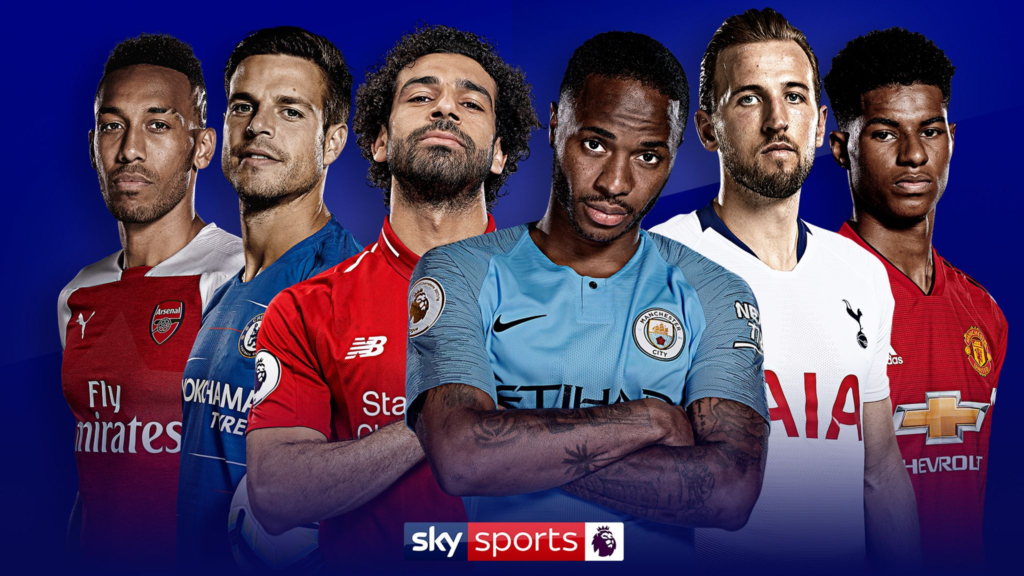
The EPL sell their broadcasting rights to media outlets such as Sky Sports and BT Sports and streaming platforms such as DAZN for obscene amounts of money. In their current deal that was signed in 2018, the EPL sold their broadcasting rights for £1.66 billion per season for the period starting 2019 through 2022.
Income from broadcasting rights can generally be grouped into two different groups. In one is income from domestic broadcasting, overseas broadcasting and central commercialization. Simply put, this is revenue received when the EPL is broadcast within the UK, outside the UK and income received from commercials that run during those broadcasts. These are grouped together since the cumulative revenue is paid out equally to all the 20 clubs in the EPL.
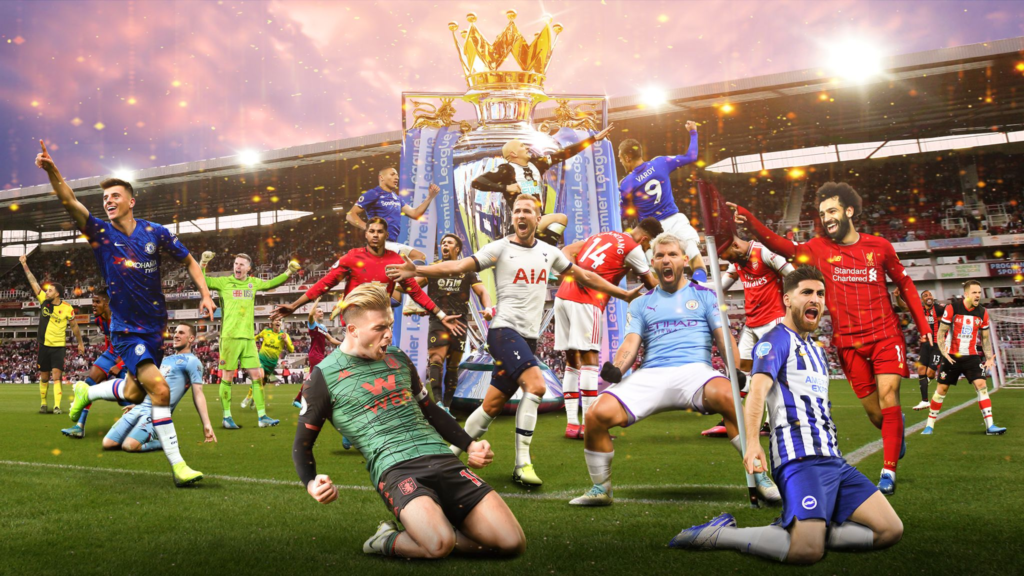
In the other group are what have come to be known as facility fees. These are paid out on a merit basis depending on how many of a club’s matches are aired on live TV in a given season and where a team places on the league standings at the end of a season.
Income from Sponsorships and Merchandising
Football clubs, particularly those in the EPL, attract a huge following the world over. Statistics have shown that matches between popular clubs such as between Manchester United and Liverpool easily attract at least 700 million viewers across the globe. That’s at least 700 million pairs of eyeballs, which translates to at least 700 million potential customers.
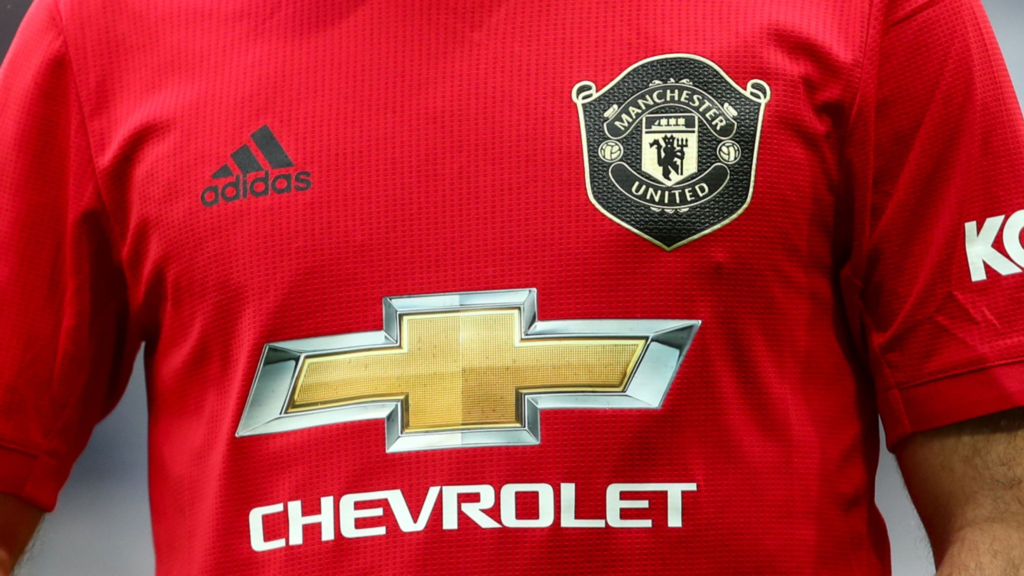
Recognizing this, a number of multinational corporations have over the years partnered with these EPL clubs as sponsors and are vividly associated with them, their fans and their success. These sponsorships, which total to millions of pounds a year, provide yet another steady revenue stream for these clubs.
Multiple-time EPL champions Manchester United are arguably the best club in the EPL at tapping this revenue steam. In their 2019/20 campaign for instance, the Red Devils were sponsored by three corporate giants: Chevrolet, Adidas and Kohler. These companies pay up to £64 million, £75 million and £10 million a season respectively to reach United’s loyal fan base estimated to be over a billion people worldwide.
In the same spirit, clubs in conjunction with kit manufacturers such as Adidas, Nike and Puma, sell kits to fans via club-owned stores and other retailers. These sales are known to skyrocket particularly when a club makes a high-profile signing or releases a new kit for an upcoming season.
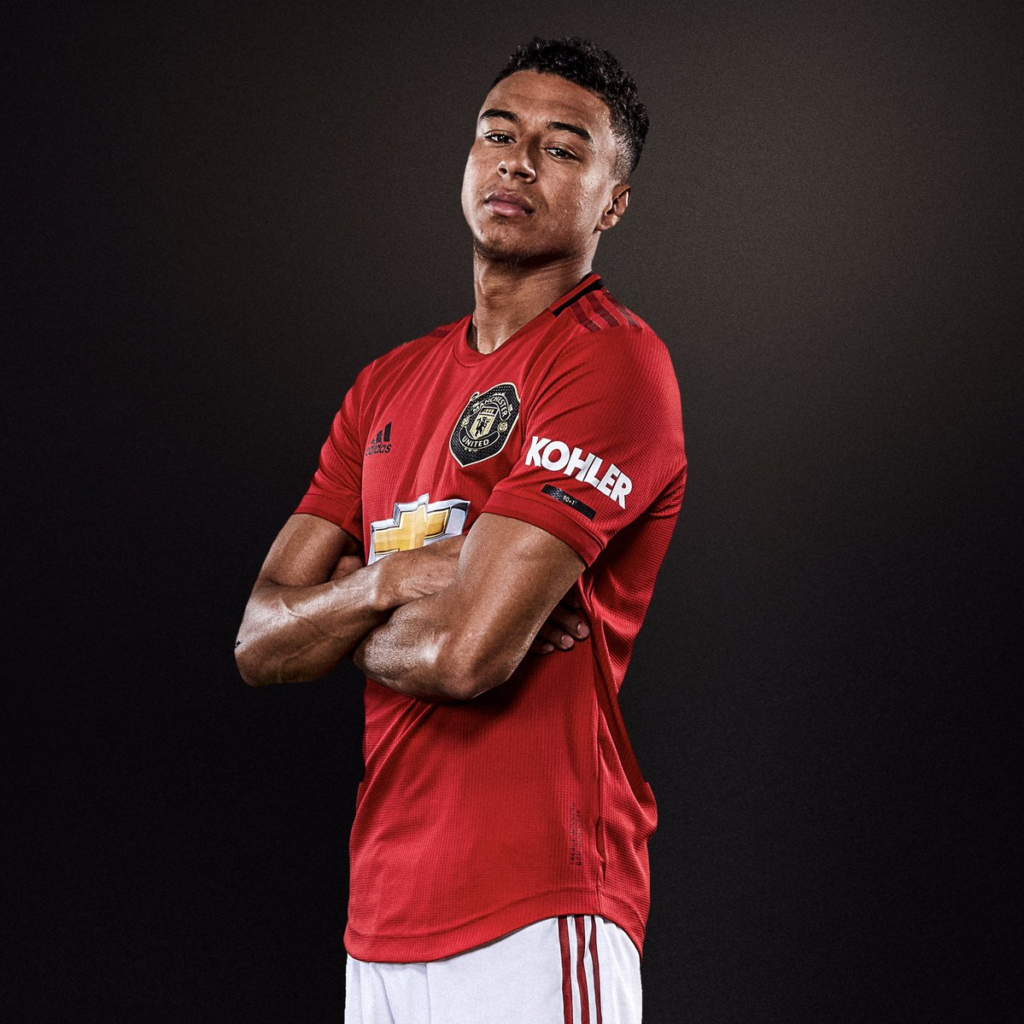
Clubs are also known to partner with manufacturers of other items that are used in day-to-day life, which can be sold and collected or given as gifts. The rule of thumb here is almost anything that the club logo and colors can be slapped onto from scarfs, pens and caps to the unlikeliest of items such as sunglasses and grooming kits.
All these revenue sources add up to keep clubs in the black and fans entertained watching what is without a doubt the most popular sport in the world.
